

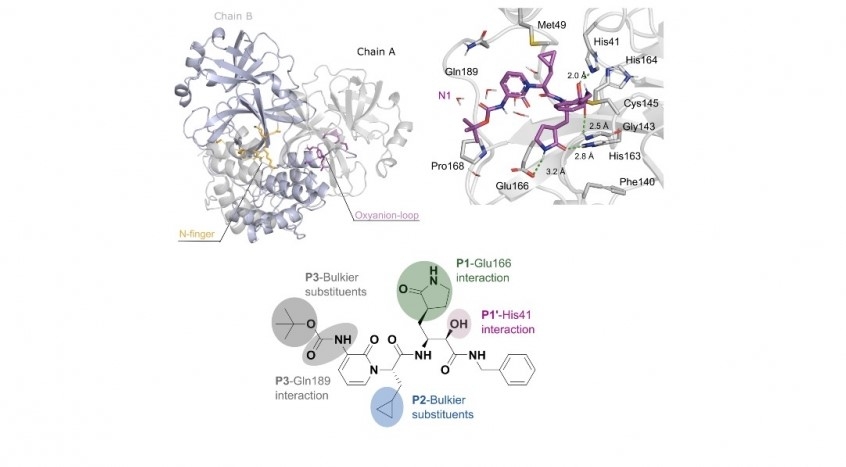
The technique was used by researchers affiliated with institutions in Brazil, Germany and Finland to study the SARS-CoV-2 main protease (Mpro), a key driver of the virus’s reproductive cycle.
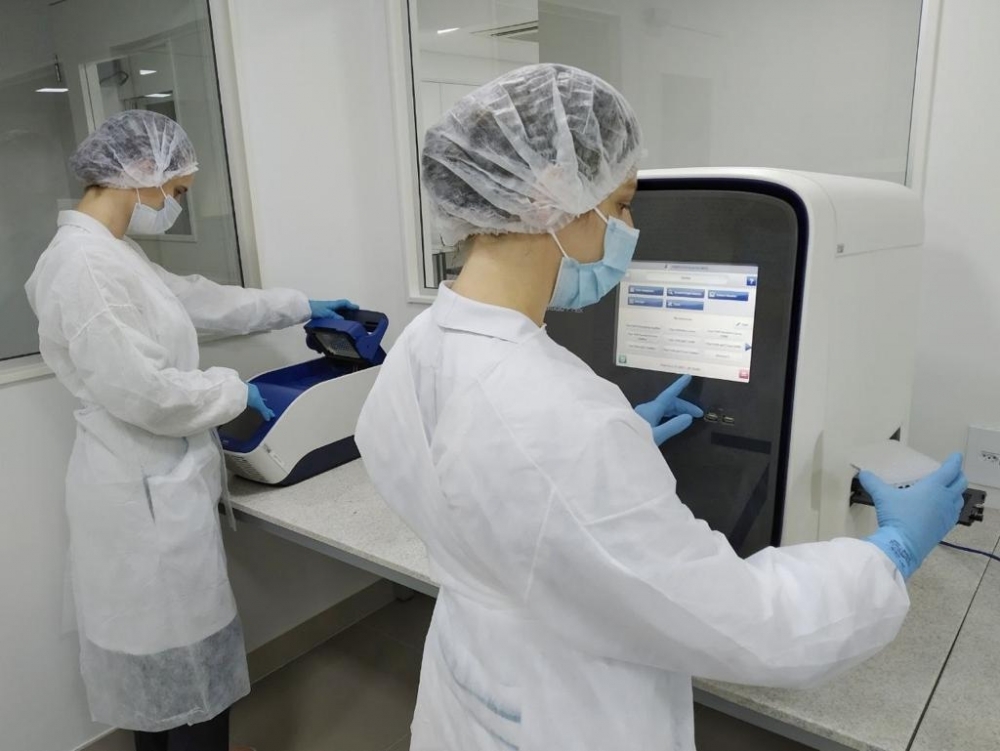
The molecular test mir-THYpe uses biomarkers to detect whether a thyroid nodule classified as indeterminate is cancerous.
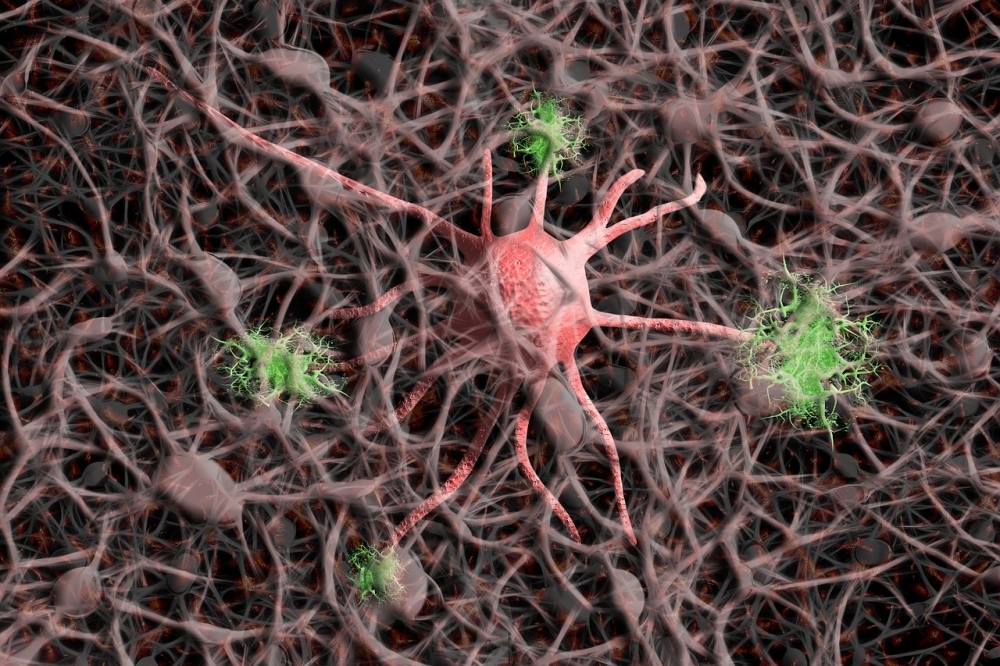
In a study conducted at a FAPESP-funded research center, a bile acid derivative known by the acronym TUDCA reduced food intake and increased energy expenditure in mice, improving quality of life. The results are promising for humans.
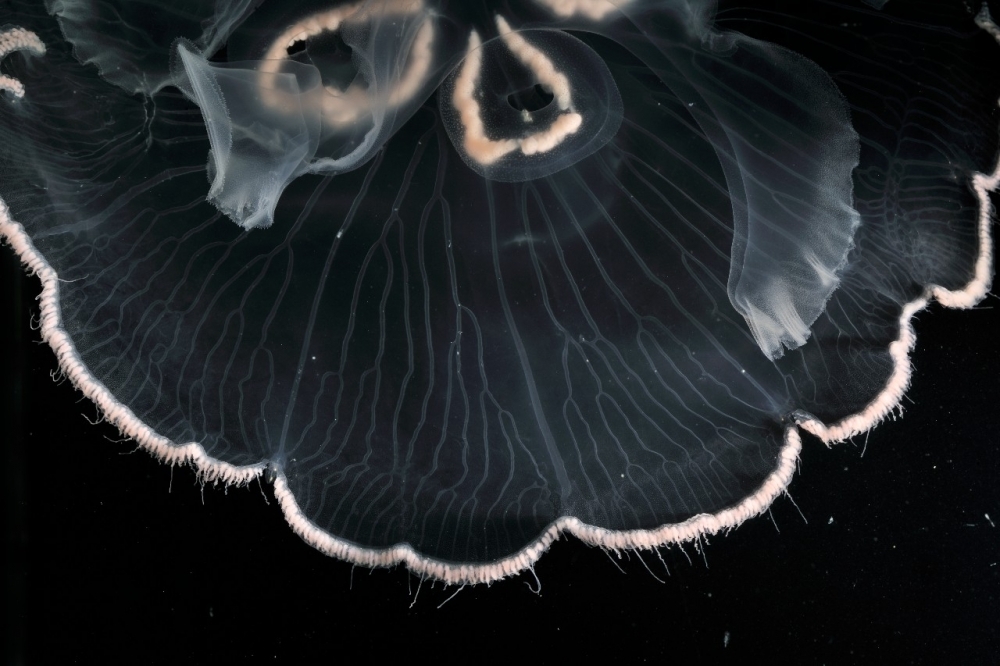
On the basis of genetic analysis of jellyfish specimens held in collections around the world, researchers have reclassified these species in the genus Aurelia, many of which are highly similar. Painstaking descriptions of species are key to conservation strategies.

The view was expressed by experts who took part in a webinar organized by FAPESP to discuss COP26, the climate conference held in Glasgow UK on October 31-November 13.
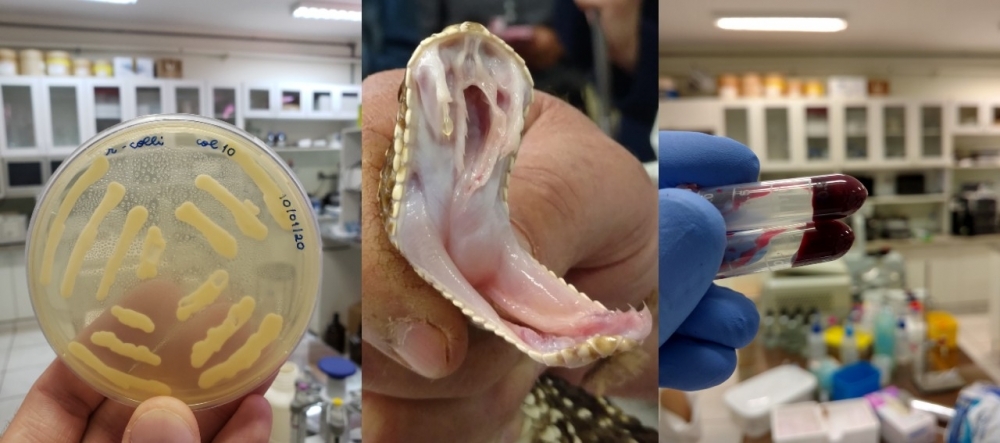
Procedure tested by researchers in Brazil and Belgium made the molecule more stable in the organism. Potential applications include anti-coagulants and wound dressings.
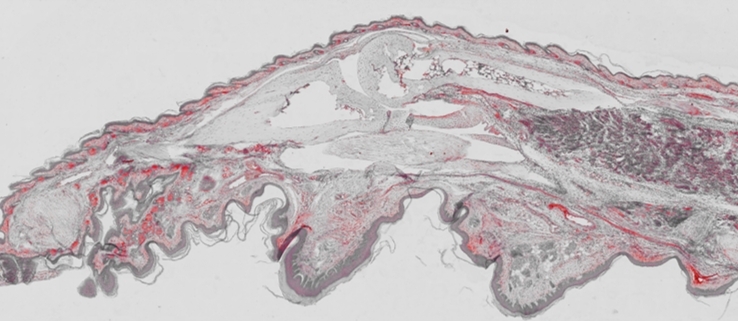
Scientists at the University of São Paulo confirmed the finding in experiments with mice and blood serum from patients.
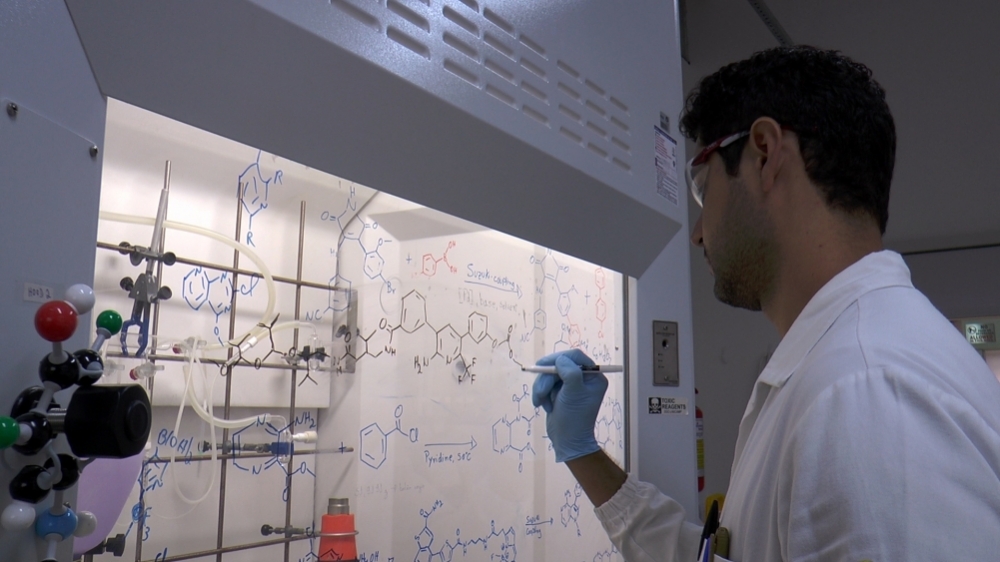
The point was stressed by participants in the 6th FAPESP 60 Years Conference, featuring experts from Brazil, the UK and the US who discussed the search for drugs to treat diseases that affect some 2 billion people worldwide.
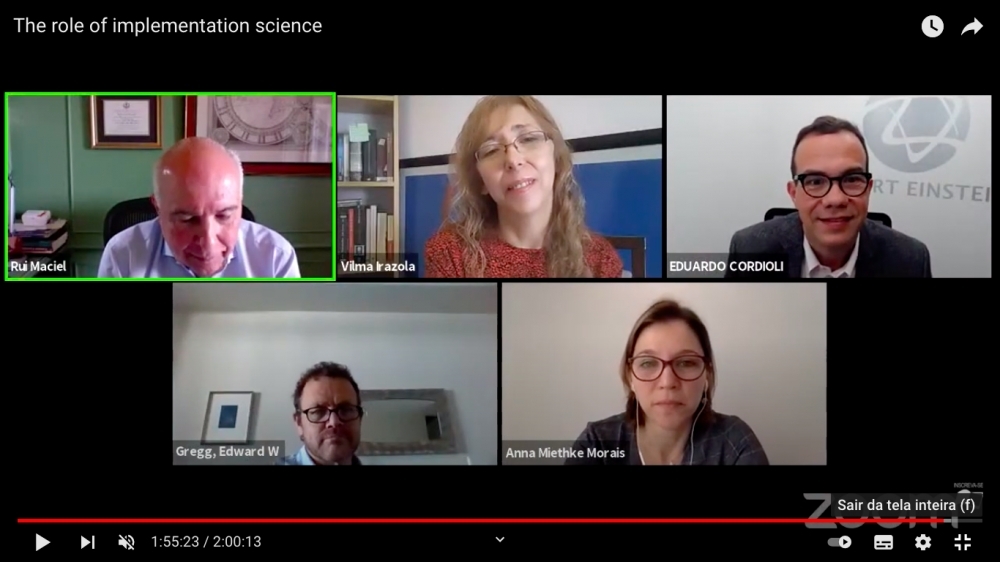
Speakers of an online seminar organized by FAPESP detailed methods used to identify and remove barriers that delay or interrupt effective interventions.
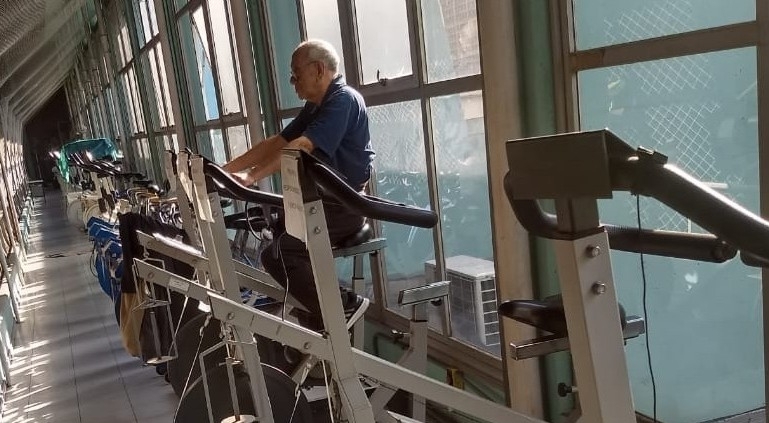
Scientists at the University of São Paulo compared the effects of morning and evening aerobic exercise on middle-aged men. The results suggest that training between 6 p.m. and 9 p.m. stimulates mechanisms that keep blood pressure fine-tuned.
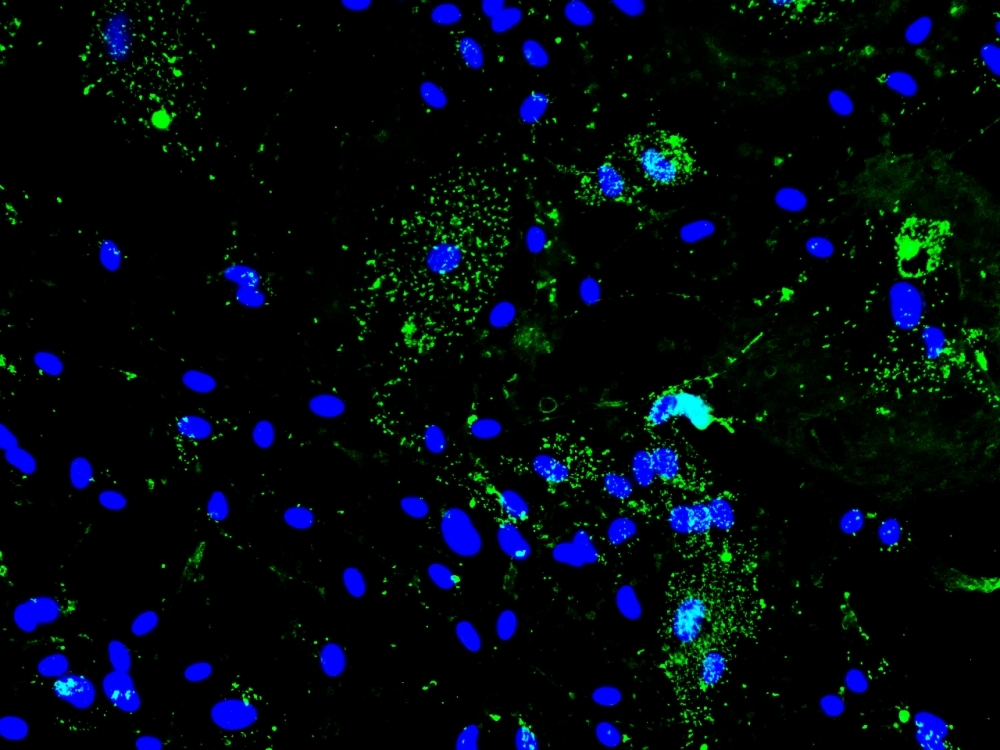
Experiments with hamsters and cultured astrocytes point to possible causes of neurological complications in COVID-19 survivors.
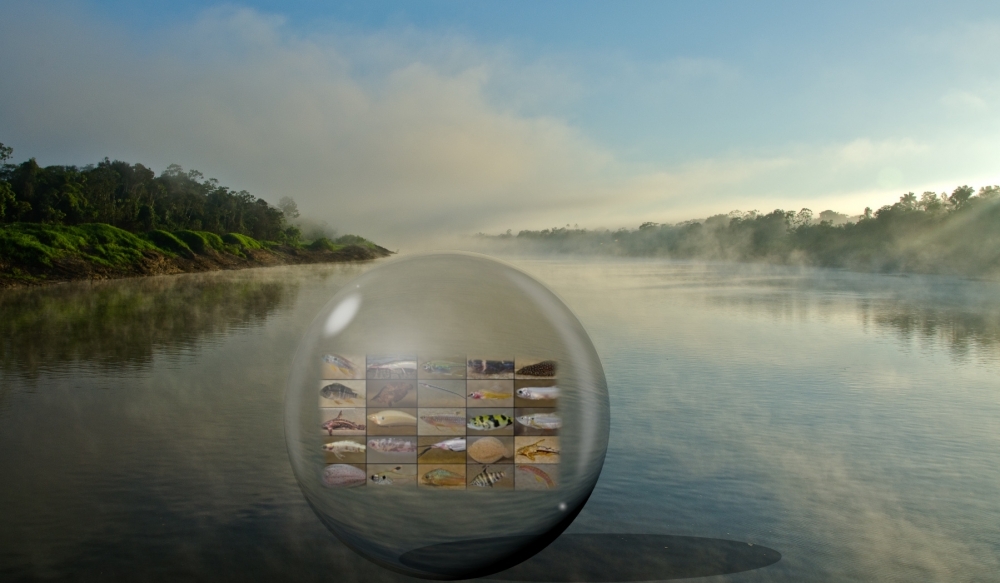
Scientists identified fish orders present in the Javari River basin by sequencing DNA molecules in water samples. To make the method more sensitive and capable of differentiating species, however, reference libraries of genetic material must be created.
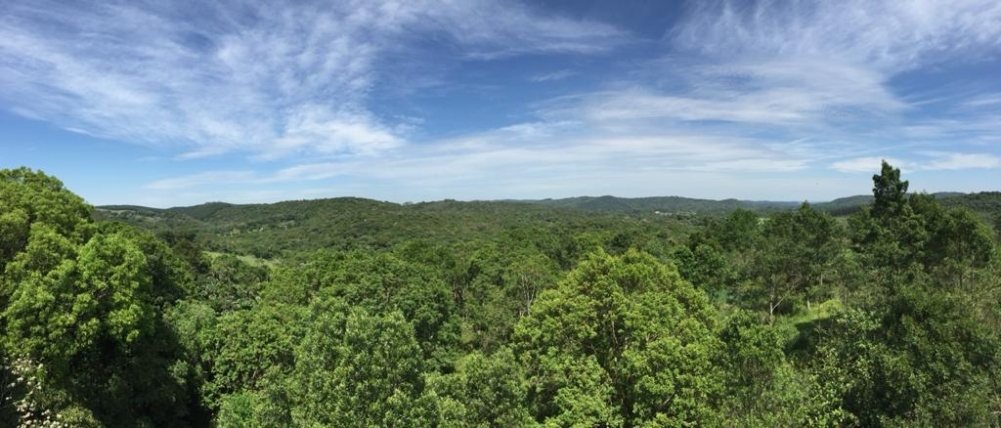
The ICMS-E mechanism, whereby states pay municipalities to conserve biodiversity and water resources, is effective but its impact decreases as the number of conservation units increases. In addition, it mainly stimulates creation of units with relatively few restrictions on land use change.
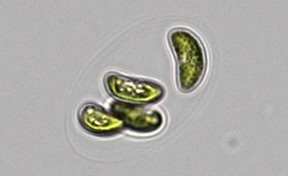
The discovery resulted in phylogenetic reclassification of microalgae in the genus Nephrocytium. An article on the research is in Taxon.
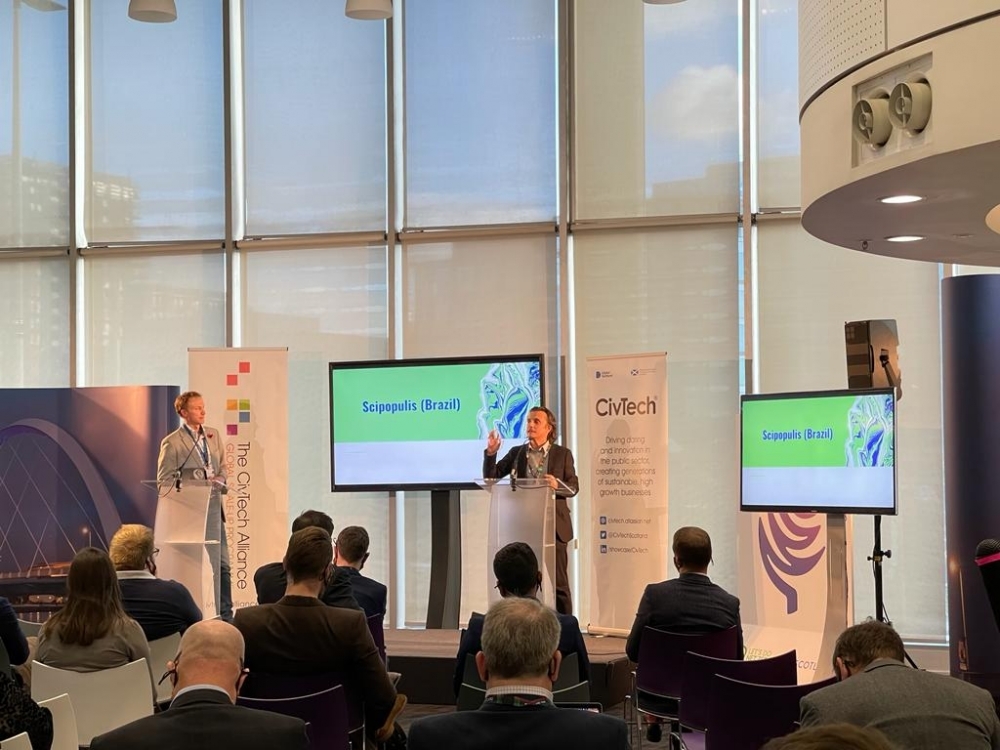
Scipopulis was one of five Brazilian startups selected to participate in a program designed to help innovative fast-growth tech firms implement solutions that mitigate the adverse effects of climate change.

A Brazilian study that reconstructs the evolutionary history of flying mammals suggests expenditure of resources to gestate two young simultaneously results in a shorter lifespan.

Collaboration between business and academia in the state of São Paulo proves the virucidal action of iron phthalocyanine and develops a mouthwash containing the compound. In a clinical trial involving patients in the initial stage of infection, the product reduces symptoms and hospital stay.
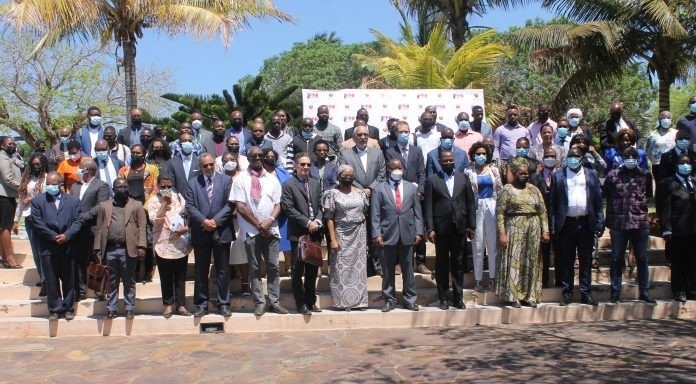
The event was attended by undergraduates and graduate students from Mozambique, Brazil, Colombia, Cuba and Portugal.
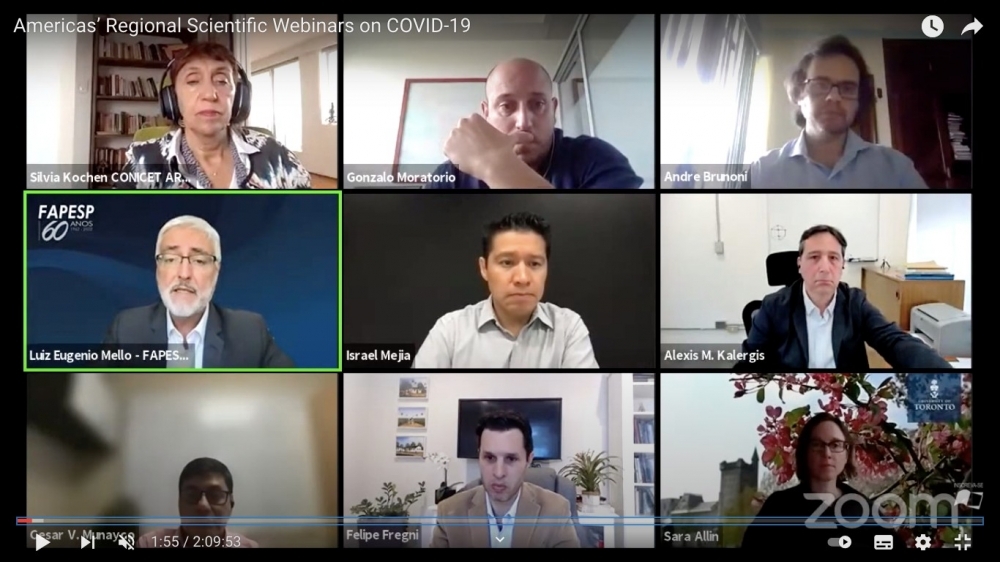
The event was the first of a series of three online seminars organized by FAPESP in partnership with sister agencies in Paraguay and Argentina, under the aegis of the Global Research Council (GRC), with the aim of providing opportunities for an exchange of experiences and cross-border collaboration.

The findings, published in Gynecologic Oncology, pave the way to the development of a blood test that can be performed by a physician at the time of diagnosis to help personalize treatment.

Models capable of predicting the spread of pathogens, algorithms that monitor health complaints on social media, and the use of big data and machine learning to speed up drug development were some of the issues discussed by experts who took part in a webinar organized by FAPESP and the Global Research Council.
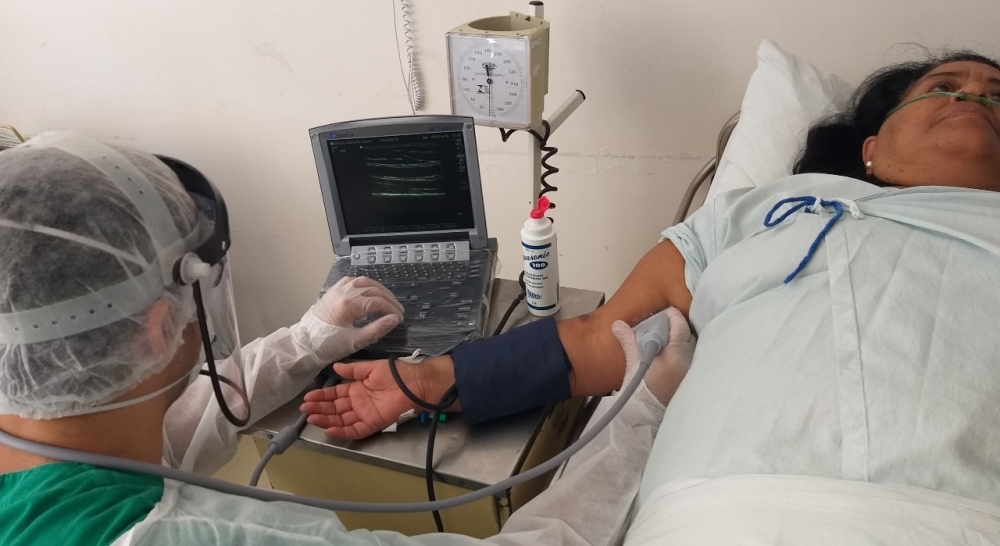
Brazilian researchers conducted a study of 109 hospitalized volunteers in search of the factors that determine endothelial dysfunction, a condition in which the blood vessels become unable to contract and relax adequately, increasing the risk of heart attack, thrombosis and stroke.
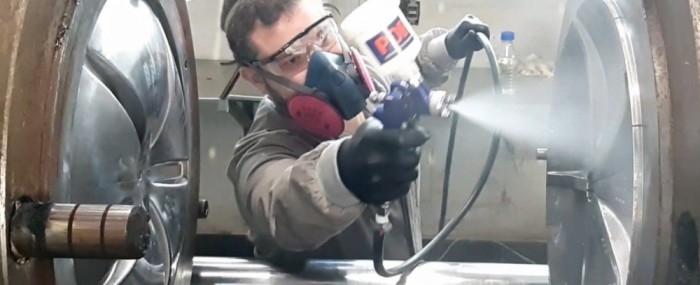
A startup supported by FAPESP has developed a nanotechnological solution for industrial applications that increases the hardness of metal surfaces by 90%.
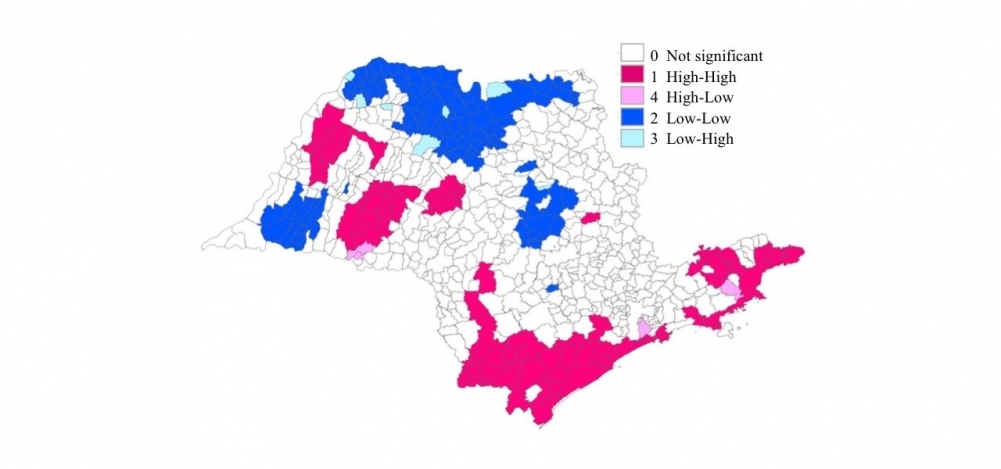
The methodology used in the study, which is published in PLOS ONE, can help policymakers plan strategies for preventing deaths of babies under 28 days old.

Bacteria and yeasts that tolerate solar radiation, water scarcity and temperature fluctuations are found on photovoltaic panels in São Paulo state, Brazil. Researchers say some can be used to develop pigments and biodetergents.